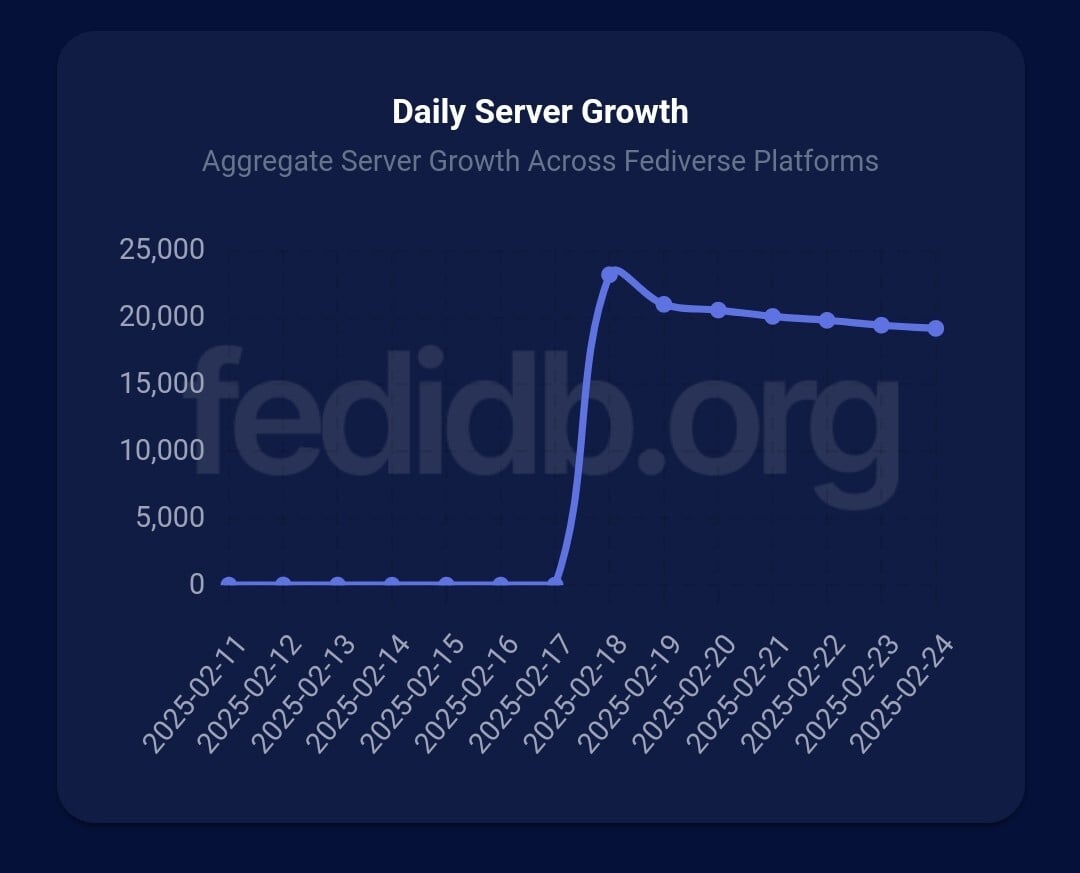In person timed tests suffer from people under performing because of external circumstances. Also we should consider chatgpt as a tool that can be used like a calculator. If the answer to a test can be easily retrieved for a widely available tool, the test is only measuring performance that is no longer required. Where possible, ideally measuring performance is based on their skill during a larger time period regardless of the tools they might use. For example repeated in-person peer review sessions (without a specific time slot) could both improve once performance and generating evidence of performance over time while reducing effort from the staff
This will break posts where the author intends to format the title in large letters
Even then I think this might be a good solution. This prevents users abusing this to get attention. I don't see a legitimate reason the receiver would like some titles to be larger than others
I could do it in two clicks:
Click on this link https://play.google.com/store/apps/details?id=com.google.android.safetycore
Click uninstall
Could not easily find the study, but there is a Wikipedia page about the topic: https://en.wikipedia.org/wiki/Complimentary_language_and_gender
The only way to learn, is by playing
Out of interest, what are you missing?
Comment was from here (nov 2018): https://aroace-people-are-lgtbq.tumblr.com/post/180804138659/ah-yes-the-sexualities-straight-confused-i
So where is your battery percentage to judge?

Looking at the graph, it might be that it is inaccurate starting data combined with a slow decline
That makes sense. It seems that the house owners have since expanded with a little shed next to their house
Rust as well? In what way? (Genuinely interested, just don't know much about that community)
A pocket-square size device that you attach to your upper body clothing and are able to talk to like ChatGPT while it sees what you are seeing. The goal was to integrate with your other apps, but that never took off afaik.
To clarify a lot of confusion I see in the comments. This book considers a country to be invaded when:
-
At any point during the history of England, Whales, northern Ireland, Scotland, and or significant predecessors any army of theirs "invaded",
-
Counting any part of the land that is now considered part of the UN country. So not only from when the country existed,
-
And being invaded meaning they had some control over, or fought conflicts in the territory.
Weird to exclude Luxembourg from that as they were also occupied by Germany and freed by the Allied forces
Edit: checked the book and:
- Netherlands, The: it counts the Battle of the Sluys and other various navel battles fought on Dutch territory as valid examples
- Belgium: it counts the battles that were fought on the land that is now Belgium, so not counting from its creation. It also counts assisting the local people, so for example fighting off the French in defense together with the Flemish
So the book is taking "invasion" more lenient than the comment section:
- The act of invading, especially the entrance of an armed force into a territory to conquer.
The introduction also states "invasion, had some control over, or fought conflicts in the territory"